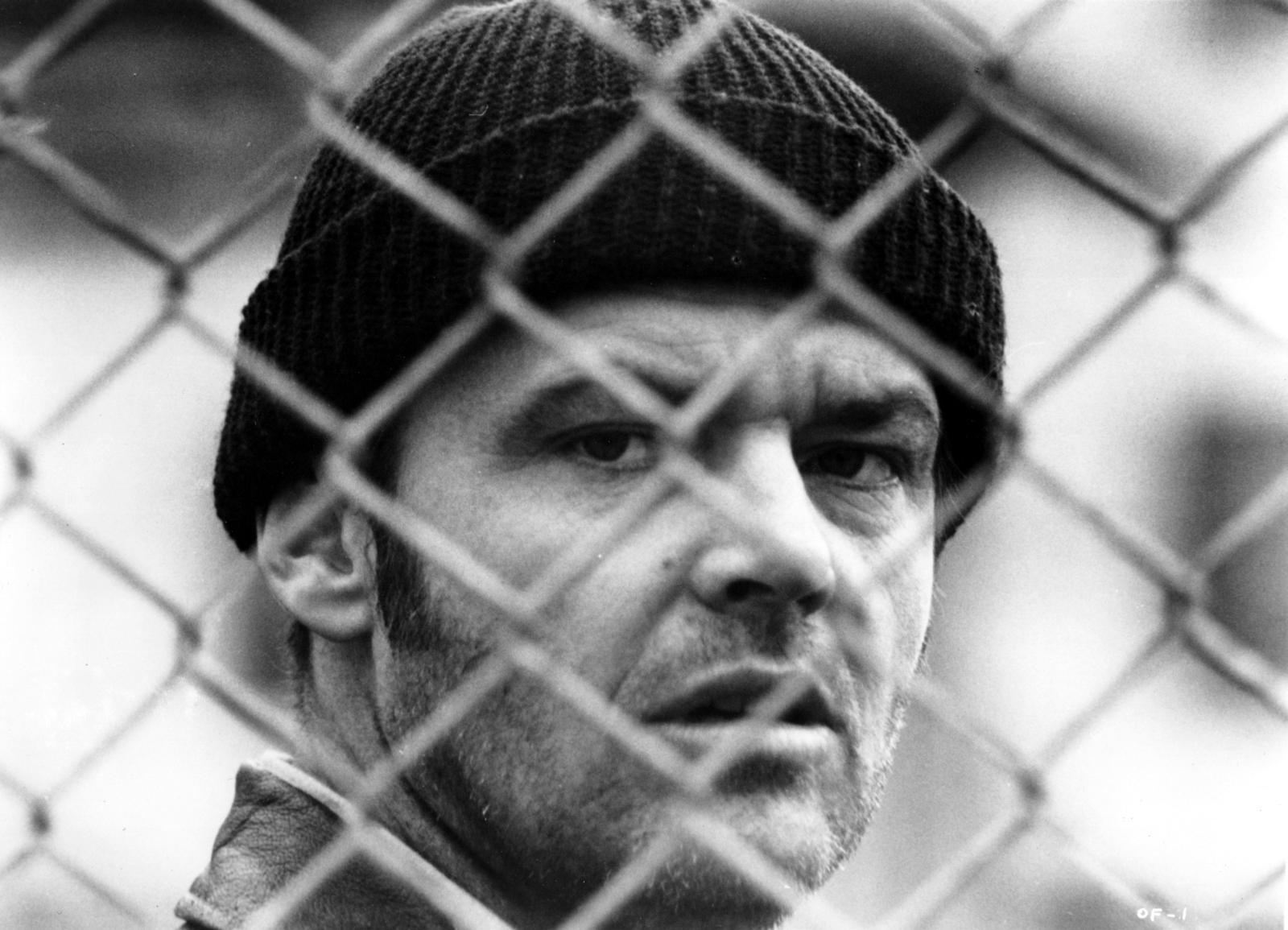Saturday, October 27, 2012
Those Winter Sundays
I will be writing my essay on Robert Hayden's 1966 poem, "Those Winter Sundays." I think it is a great poem that holds a lot of meaning in just 3 short stanzas. It paints the picture of a loving father, and how some kind gestures go unnoticed, but yet it is those little things that mean so much. I plan to prove this point through the setting, time, language, tone, and even the meter of the poem.
Tuesday, October 23, 2012
Essay on Baby Villon
What you gather initially from reading Philip Levine's poem, "Baby Villon," is that the speaker has an encounter with his cousin who has lost his father and brother. There was a war in North Africa and then some commotion happens in a bakery, and that's really all you get at face value. The poem only gives you a vague idea of what is going on, but by taking a closer look at the setting and context you can conjure up a meaning to what the speaker is trying to say.
When you analyze the first stanza, that this person is robbed in different cities because he's white, black, jewish, or arab. He is probably middle eastern and his skin tone is judged differently based on where he is at. You get the sense that he is highly discriminated against. In the third stanza it is revealed that this person is the cousin of the speaker and they talk about family and the war in North Africa. The cousin eludes to the death of his father and brother right after the mention of war, and I believe that all three of the family member had fought in it.
At the beginning of the fourth stanza, a setting is introduced, and this is important within the context of the poem. Lines 13-15 read, " The windows of the bakery smashed and the fresh bread / Dusted with glass, the warm smell of rye / So strong he ate till his mouth filled with blood." The two are in a bakery, having a conversation about war, family, and discrimination, and at that very moment the bakery is suddenly attacked. An act of terrorism has occurred, and the cousin is shot while eating his rye sandwich. The smell of the bakery gets mixed with the smell of blood from those shot and killed. The setting shows that even in a place as normal and care-free as a bakery, this family is not safe in their surroundings.
In the last stanzas you get the sense that the cousin has indeed been shot and is in his final few moments of life. The speaker says in lines 24-28, " Stiff, 116 pounds, five feet two, / No bigger than a girl, he holds my shoulders, / Kisses my lips, his eyes still open, / My imaginary brother, my cousin, / Myself made otherwise by all his pain." When the speaker describes his cousins height and weight, you get the sense that he has not even fully grown, perhaps still a minor, making his death even more tragic. The speaker refers to him as his "imaginary brother" to emphasize their closeness.
I think this poem is significant because it shows how prevalent war and discrimination is in the middle east, and the hardships faced by those who live there. The cousin was probably not even an adult yet, and he was already fighting wars and killed because if the conflict. It shows that racism still plays a factor in society, and that in the middle east nowhere is safe, not even a bakery.
Works Cited
Levine, Philip. "Baby Villon."
Thursday, October 4, 2012
One flew over Hard Rock
Subscribe to:
Posts (Atom)
